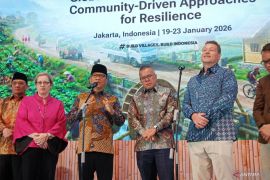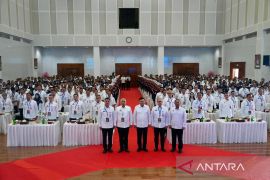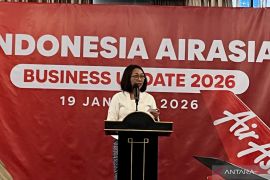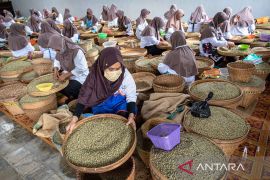Indonesia`s poverty rate has dropped from 16.66 percent in 2004 to 11.37 percent in March 2013, added the head of state.
"However, we must not be complacent. Therefore, the government is working hard to accelerate the reduction of poverty rate," he said.
Systematic and measurable efforts need to be undertaken by the government to reduce poverty, he stated.
The government has allocated Rp55.9 trillion for social security programmes in the fields of education, health, and the empowerment of people.
"We have also allocated some budget for mitigation, emergency response, and rehabilitation in case of natural disasters," noted the head of state.
In the 2014 draft budget, the government has allocated Rp5.2 trillion for a poverty eradication programme called "Family of Hope" (PKH), which aims to help 3.2 million poor families.
For the "Mandiri" People`s Empowerment Programme (PNPM), Rp14.4 trillion has been allocated, out of which Rp9.3 trillion will be used for the rural "Mandiri" PNPM, targeting 5,260 sub-districts, and Rp2 trillion for the urban PNPM, targeting 11,066 urban villages.
In 2014, the government will begin the implementation of the National Social Security System (SJSN).
The government will pay Rp19,225 per poor person on a monthly basis for them to be covered by the social health insurance system, managed by the Social Security Management Agency (BPJS), said the head of state. (*)
Editor: Heru Purwanto
Copyright © ANTARA 2013











